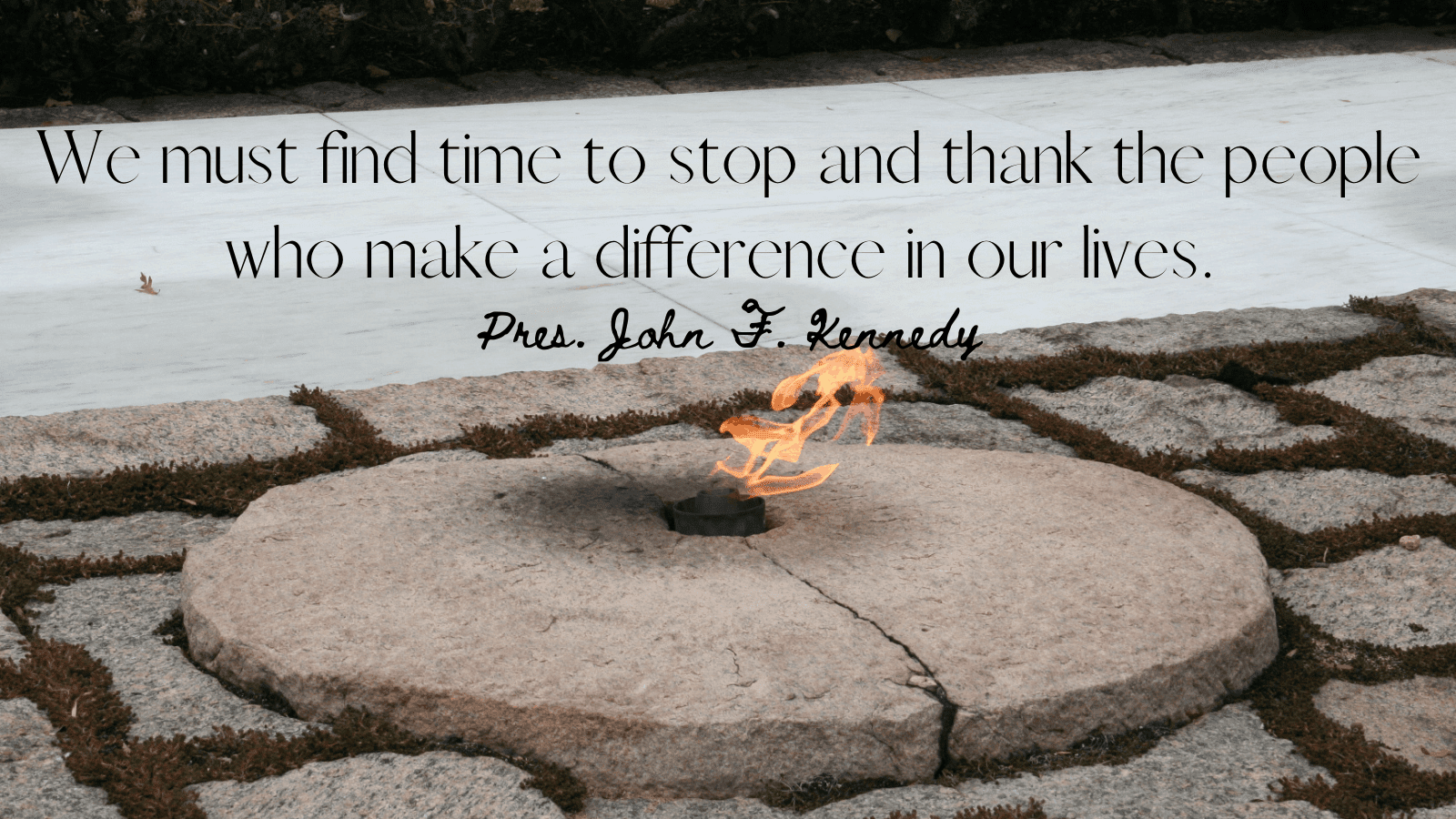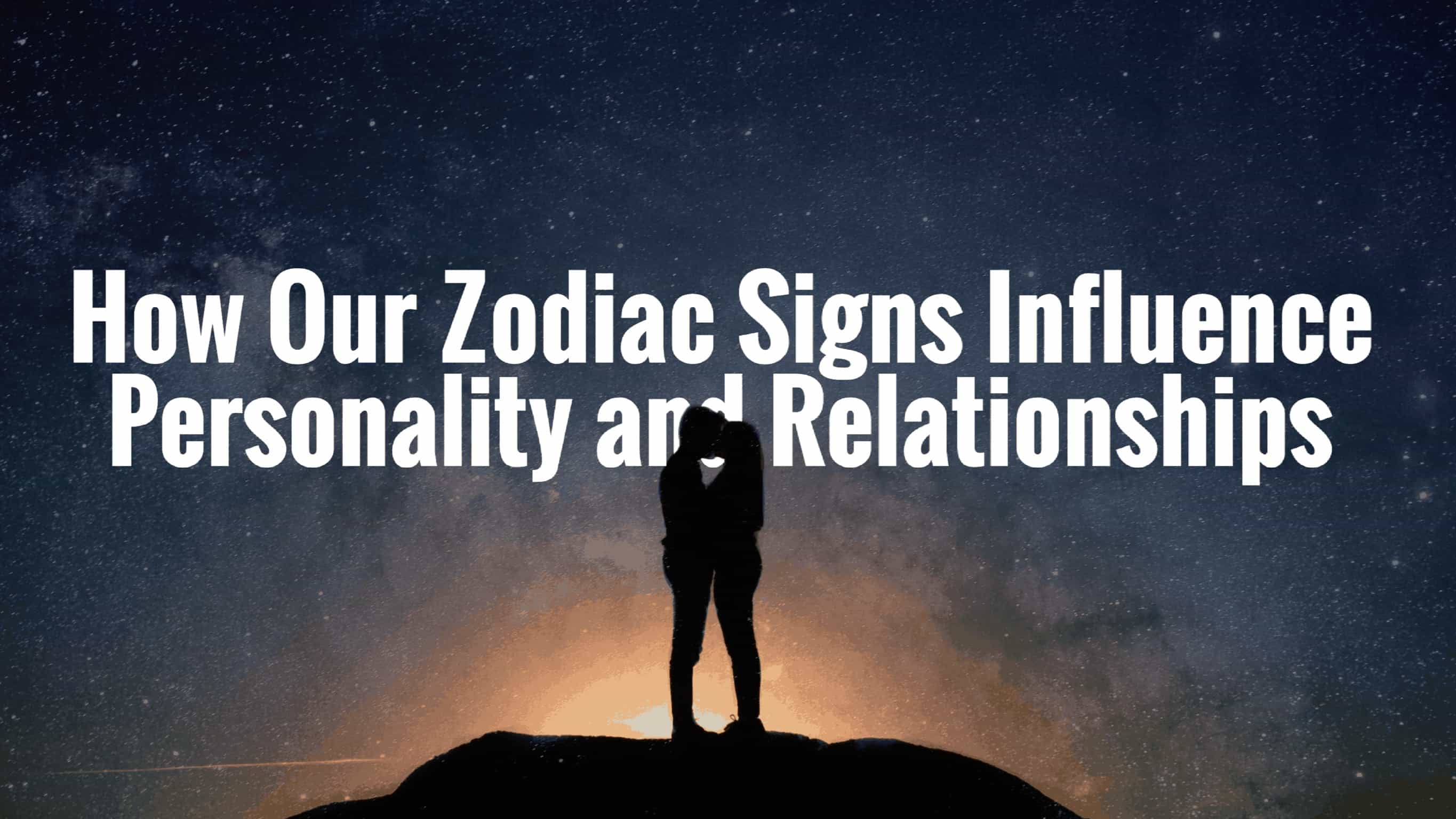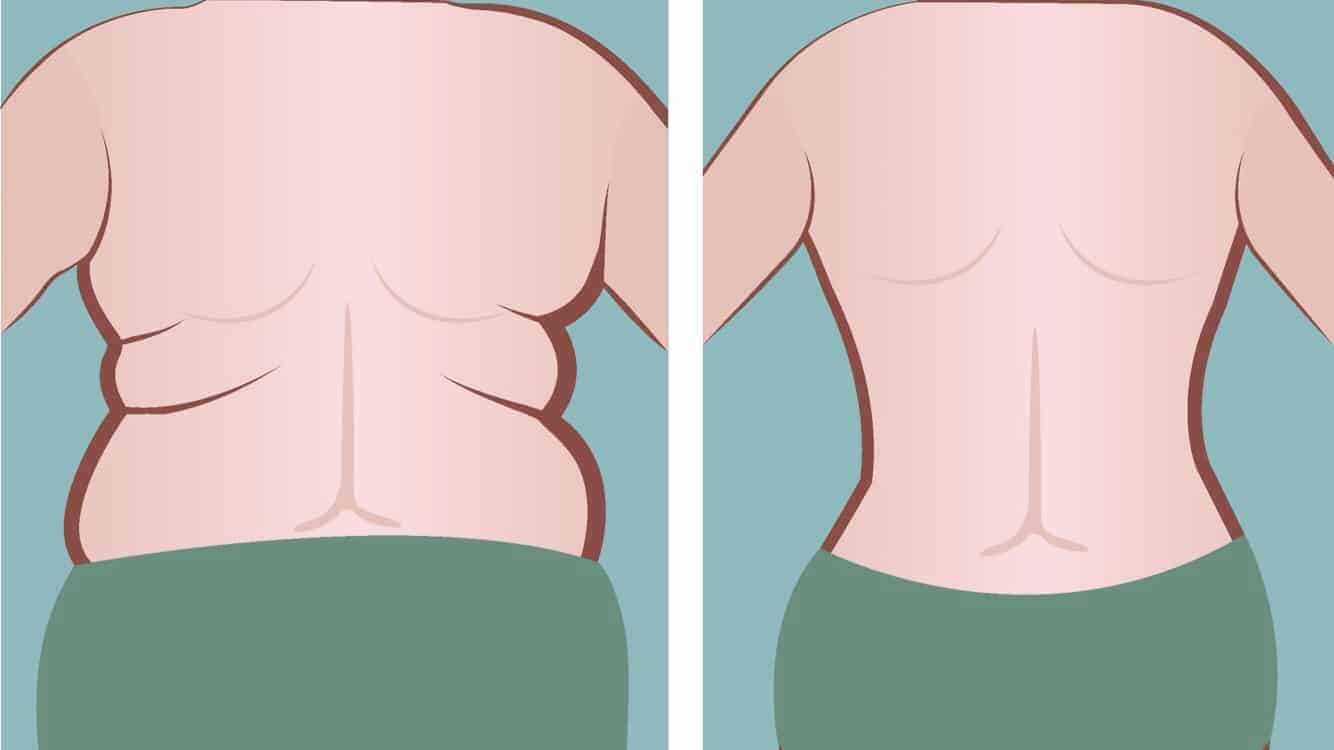When you think about staying fit and healthy, you likely think about exercising, eating well, and going to the doctor. But as it turns out, there are other ways to keep fit, and those methods are all mental! And one such way of this variety is through gratitude.
Gratitude, often referred to as optimism, involves a readiness to show thankfulness and appreciation to those around you. But it’s not just limited to others! You can be grateful for the things you own, the person you are, and the life you’re currently able to live.
As a positive emotion, gratitude has been found to have numerous effects on health. For the most part, though, people assume its health benefits relate to the mind alone. But it’s actually, surprisingly, a much more powerful trait than that. Here are 6 ways in which being grateful helps us stay fit and healthy.
1. It Improves Sleep
 It can be tough to see the links at first, but it makes sense that gratitude and sleep are linked when you think about it. After all, many people who struggle with falling asleep are plagued by anxieties, stressors, and all sorts of troubles. As such, gratitude can help relieve that mental anguish. But is there science behind it? As it turns out, yes! Here are three studies confirming the benefits of gratitude on sleep:
It can be tough to see the links at first, but it makes sense that gratitude and sleep are linked when you think about it. After all, many people who struggle with falling asleep are plagued by anxieties, stressors, and all sorts of troubles. As such, gratitude can help relieve that mental anguish. But is there science behind it? As it turns out, yes! Here are three studies confirming the benefits of gratitude on sleep:
- “Counting blessings versus burdens: an experimental investigation of gratitude and subjective well-being in daily life” published in the Journal of Personality and Social Psychology (2003). This study found that individuals who kept a daily gratitude journal had an extra half an hour of sleep compared to those that didn’t. Participants had chronic pain conditions, as well.
- “Gratitude influences sleep through the mechanism of pre-sleep cognitions,” published in the Journal of Psychosomatic Research (2009). This study found that, in healthy individuals, those who had higher gratitude scores on a test they were given also experience better sleep. They enjoyed a better quality of sleep, longer sleep durations, and had quicker abilities to fall asleep. Plus, they had an easier time staying awake during the daytime.
- “The impact of a brief gratitude intervention on subjective well-being, biology and sleep” published in the Journal of Health Psychology (2016). This research paper involved the use of a two-week gratitude intervention. During this period, participants enjoyed a better quality of sleep.
2. Your Mental Health Improves
Mental health is a part of staying fit and healthy. You can’t have a healthy body if your brain isn’t healthy, too. When you’re more grateful, your mental health can benefit. Studies indicate that gratitude can keep your mind on positive thinking, decreasing depression, stress, and anxiety all at once. More specifically, gratitude can:
· Improve Self-Esteem
When you’re grateful, you start feeling better about your life and appreciating yourself, your abilities, and who you are just a little bit more. Therefore, those who complete gratitude contemplation programs are likely to find improved life satisfaction levels and significantly higher self-esteem, say studies!
· Make You Feel Happier
Just the act of keeping a gratitude journal. According to studies, writing in it for a mere five minutes daily can lead to a whopping 10% long-term happiness increase. This is because noticing the good things in your life can lead to a more positive mood overall.
· Enhance Experiences Of Positive Emotion
Alright, so gratitude makes you happier. But it also makes you feel that happiness even more! Basically, the more grateful you are, the more likely you will experience all sorts of positive emotions at a higher level of intensity.
· Reduce Suicidal Desire
Those with depression can practice gratitude to benefit from its protective factors. Basically, gratitude is a positive coping mechanism that can reduce thoughts of suicide and lower the risk of such attempts. However, do note that if you are experiencing regular suicidal thoughts or ideation, you should still speak to a mental health professional if you are not already being treated for them. Gratitude cannot cure these thoughts on their own without help!
· Boost Your Psychological Well-Being
No matter what your personality type, studies indicate that practicing gratitude regularly at high levels means your entire psychological self benefits. This means that living a grateful life can already significantly improve your mental health on a big-picture level.
3. It Improves Immunity
Gratitude may not be able to cure disease, but it can make your physiological function significantly stronger. It’s common knowledge that positive emotion can help improve health, even just a little, and sometimes a little is all you need. Here are some ways that gratitude keeps your immune system strong:
- “Optimism is associated with mood, coping, and immune change in response to stress,” published in the Journal of Personality and Social Psychology (1998). This bit of research revealed that positive thinking – specifically with gratitude and optimism – allowed for a better immune system response to stress and difficult situations.
- “Coping with a breast cancer diagnosis: a prospective study” published in Health Psychology (1993). This study had surprising results, revealing that individuals with higher levels of gratitude and optimism would recover more quickly from breast cancer and find that their immune system function remained more positive during and after the fact.
- “Lifestyle and dietary correlates of dispositional optimism in men: The Zutphen Elderly Study” published in the Journal of Psychosomatic Research (2007). This study found that optimism and gratitude were linked to a decreased need for doctoral visits among elderly individuals.
But why, exactly, do people achieve these results? Well, when you are grateful, you activate a part of your body called the parasympathetic nervous system. This activation brings down stress levels, allowing your immune function to remain strong. On the other hand, stress occurrences can mess up body functioning, whether the immune system or even more complex parts like the hypothalamic-pituitary axis.
 4. Being Grateful Gives You More Energy
4. Being Grateful Gives You More Energy
Staying fit is difficult when you don’t have the energy to do so. Many people like energy levels and vitality only to physical factors, like sufficient rest. In reality, there are many sources that you can derive energy from, and one of them is through being grateful.
In “The grateful disposition: a conceptual and empirical topography,” a study published in The Journal of Personality and Social Psychology in 2002, some interesting findings relating to gratitude, energy, and happiness. Here are its results:
- The study, involving 238 people, found a significant correlation between gratitude and vitality.
- This correlation remained even after the experiment was controlled for several different factors. These included agreeableness, social desirability, extroversion, and neuroticism.
- High-energy individuals and high-gratitude people tend to share similar traits, leading to a lot of overlap.
But why, exactly, does this happen? It can be tough to determine whether gratitude or vitality must exist first to get these results. But if you harness them well, you should wind up in a positive cycle of both of them, no matter which you start with.
5. It Lengthens Your Life
More research needs to be done in this area. But plenty of pre-existing studies seem to indicate that gratitude and optimism can predict someone’s mortality. That’s because more optimistic individuals live longer than pessimistic ones. The positive thinking of gratitude can increase one’s lifespan by anywhere from a few months to a few years. Here are some studies on the subject:
- “Optimists vs. pessimists: survival rate among medical patients over a 30-year period” published in Mayo Clinic Proceedings (2000). This study found that those with higher pessimism and lower gratitude levels had an increased mortality rate of 19% compared to those who are more optimistic.
- “Positive emotions in early life and longevity: findings from the nun study” published in the Journal of Personality and Social Psychology (2001). This study found that those who experience more positive emotions in their early life are more likely to enjoy a longer lifespan, with a 2.5-fold difference.
- “Prediction of all-cause mortality by the Minnesota Multiphasic Personality Inventory Optimism-Pessimism Scale scores: a study of a college sample during a 40-year follow-up period” published in Mayo Clinic Proceedings (2000). This research found that individuals with higher pessimism and lower gratitude had decreased longevity rates by a hazard ratio of 1.42.
6. It Can Improve Recovery
If you’ve experienced some form of threat to your health over your life, then being grateful may actually help you recover. Even for those who are trying to regain fitness and health, it seems that gratitude can still provide its benefits! Here are some ways that being grateful boosts recovery progress:
· Depression
This might seem like a no-brainer, but it’s still pretty interesting to note. In a fascinating study, an individual with depression could utilize gratitude as a method of recovery. This furthered her ability to overcome these mental health struggles. So it’s a bit of an unorthodox form of research. However, other studies also agree that similar practices lead to such results.
· Coronary Health
Individuals who have experienced any form of coronary disease, including acute coronary syndrome, can benefit from practicing gratitude. Those who are more optimistic and have this positive thinking can have a faster quality of life, decreased anxiety and depression, and faster recovery.
· Substance Abuse
Addiction program participants may find that they improve their development, growth, improvement, and overall journey through gratitude. Researchers have found that people recovering from substance misuse are more likely to develop their strengths and overcome their struggles if they have positive thinking and gratitude on their side.
· Trauma
Post-traumatic recovery occurs at a faster and more positive rate when paired with practices of gratitude and optimism, regardless of the kind of trauma. This also can include physical trauma, such as from an injury or disease.
 Final Thoughts On Some Ways Being Grateful Helps Us Stay Fit And Healthy
Final Thoughts On Some Ways Being Grateful Helps Us Stay Fit And Healthy
Gratitude is an amazing trait and can be a powerful tool in your life. It has so many shocking benefits that it’s evident how underrated it is! Start implementing gratitude in your life for better mental health, improved sleep, more energy, a stronger immune system, and faster recovery. Of course, each of these benefits may also lead to a longer life.
Need help fostering your gratitude levels? Try keeping a gratitude journal where you write down at least three things you’re grateful for every day! Before long, you’ll naturally seek out things to be grateful for. You can seek more help via counseling or seeing a mental health professional if you need extra assistance!

















